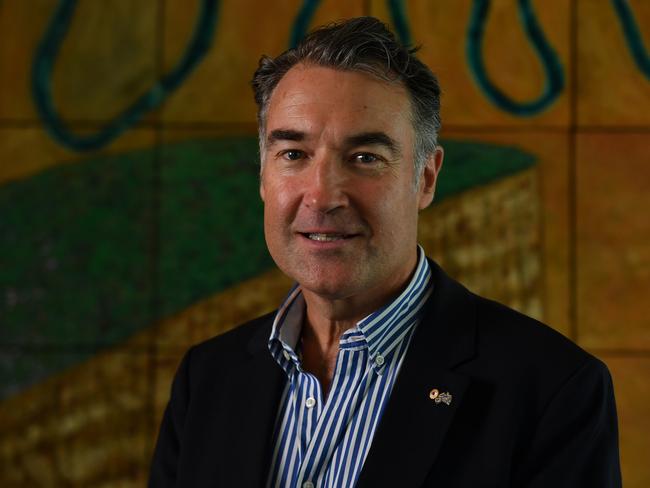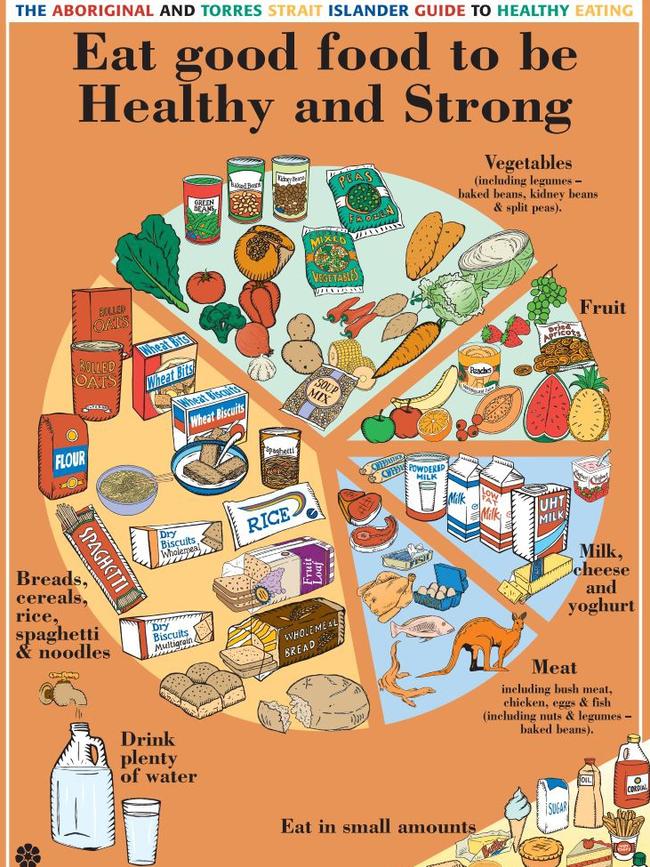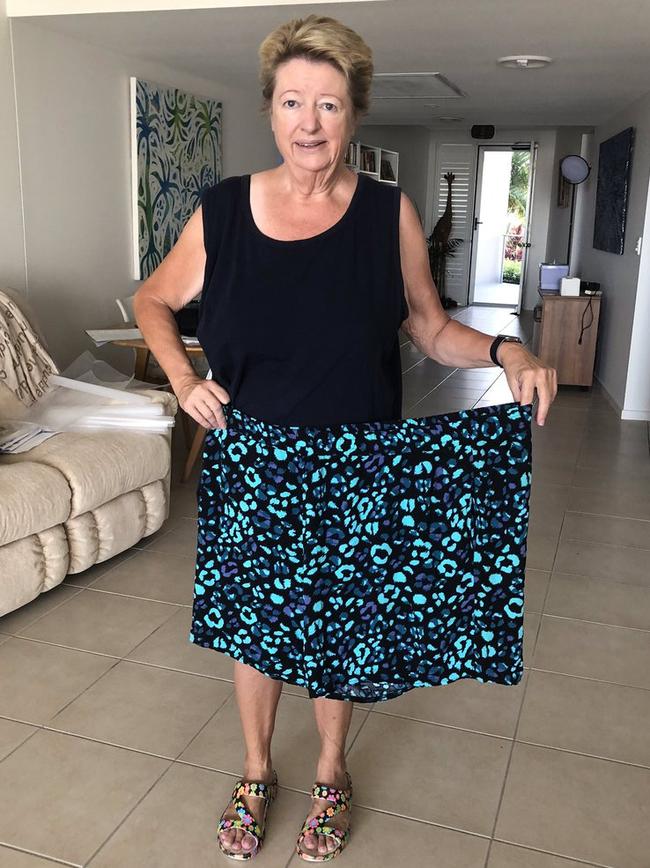Australian of the Year pushes for dietary guideline change
Australian of the Year, Dr James Muecke, has joined a growing number of medicos questioning the current dietary guidelines recommending a low fat, high carbohydrate diet, claiming it’s making us obese and leading to type 2 diabetes.
- COVID-19 sufferer goes home after 81 days in ICU
- Elective surgery patients waiting up to 329 days in Sydney
Our current dietary guidelines are wrong and are making the epidemic of obesity, type 2 diabetes and other chronic illnesses worse, according to Australian of the Year Dr James Muecke.
The ophthalmologist, who has spent a lifetime of treating blindness and its leading cause — type 2 diabetes — told The Sunday Telegraph by the end of his tenure as Australian of the Year he would like to see a public awareness campaign, similar to anti-smoking, highlighting aspects of the dietary guidelines he claims are “literally killing us”.

“I’ve felt responsibility as a doctor to get the root of the cause of type 2 diabetes, which is in essence sugar and I’ve been pointing out the Australian guidelines for healthy eating is full of products which to me are perhaps even driving this diabetic epidemic,” Dr Muecke said.
“Refined carbohydrates, white rice is prominent, white flour and the products made from it, bread and pasta. Refined carbohydrates are virtually pure starch and when it reaches the gut is converted to glucose, so you are pretty much eating sugar.”
Dr Muekealso claims 10 out of 73 references in the cereals and grain section of the guidelines are not industry-funded.

He also claims our guidelines are heavily influenced by US guidelines, which have their roots in the vegetarian-led Seventh Day Adventist Church, manufacturers of Sanitarium.
“The teachings of Seventh Day Adventist Church demonises meat, saying it causes cancer and causes promiscuous behaviour and this sort of religious dogma has driven dietary guidelines,” he said.
“And, if you look at the pictorial representations for healthy eating, it is heavily weighted toward cereals and grains.”
The influence of the packed food industry in the pictorial display of the dietary guidelines for Aboriginal and Torres Strait Islanders even shows well-known packaging associated with cereal companies but called “Wheat Bits” and “Wheat Biscuits”.
MORE FROM JANE HANSEN:
Grieving dad using daughter’s tumour to help find cure
Man begs doctors: ‘Amputate my hand or I’ll do it myself’
The fruit section also contains tinned fruit and packaged dry fruit.
“In the cereals and grains section they have a box called wheat biscuits, but it’s the same colouring and packaging (as Weet-Bix) and this links back to the influence of Sanitarium. There are also products on that that are clearly branded products with a name change,” he said.
Dr Muecke said 250 Australians a day are diagnosed with diet-led type 2 diabetes which was also causing more than 20,000 deaths a year.
“We have seen this explosion of non-communicable chronic ill health and a fourfold increase in type 2 diabetes and, if you look at the Aboriginal community, there has been an 80-fold increase in type 2 diabetes,” he said.
“We know there are links between sugar-sweetened beverages and type 2 diabetes and we know type 2 diabetes is preventable and reversible using a low carbohydrate diet with healthy saturated fats.

“A recent study showed over half the patients put on a low carb diet reversed their type 2 diabetes within 10 weeks — this information should be shouted from roof tops.”
A spokesman for the NHMRC said they did not accept Dr Muecke’s claims.
“NHMRC is the nation’s leading expert body in health and medical research. It has had a longstanding role in producing evidence-based health guidelines for the community and professional use. All NHMRC guidelines are based on the best available scientific evidence from Australia and around the world,” he said.
“NHMRC shares Dr Muecke’s concern about high rates of type 2 diabetes and obesity in Australia. It does not agree, however, that the 2013 Australian Dietary Guidelines are responsible for these issues … Since their first edition in the 1980s, the Australian Dietary Guidelines have always promoted reduced intake of sugars.”
Dr Thea Vanags followed the dietary guidelines obsessively and ended up 133 kilograms with type 2 diabetes.
“I exercised, I ate low fat but it didn’t work and I was constantly hungry,” she said.
“I had a double knee replacement and lap band surgery but, after losing four kilograms, I put on 13 more.”
After watching a show with Dr Michael Mosley on reversing type 2 diabetes, the 60-year-old embarked on a low carbohydrate diet after the lap band was removed in June 2018. She has now lost 60 kilograms, her blood sugar levels are normal and she no longer has diabetes.
“I eat real food, I’m never hungry. I feel the current dietary guidelines haven’t address the science and I think ideology is driving health guidelines,” she said.
Federal Health Minister Greg Hunt announced last month the government will provide $2.5 million to the National Health and Medical Research Council to review the Australian Dietary Guidelines.
